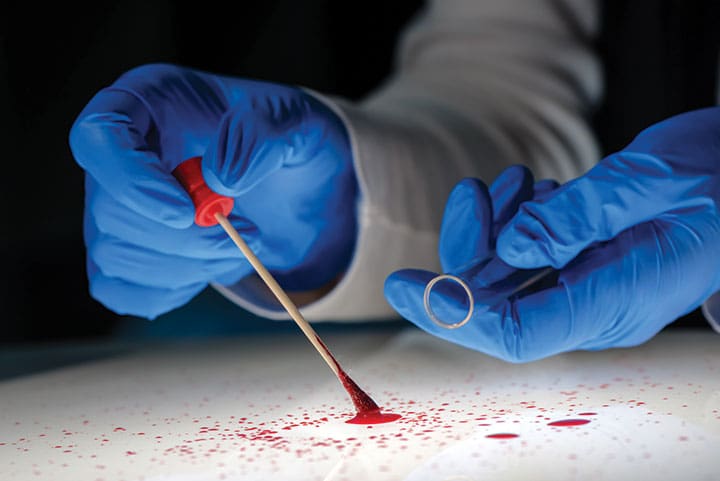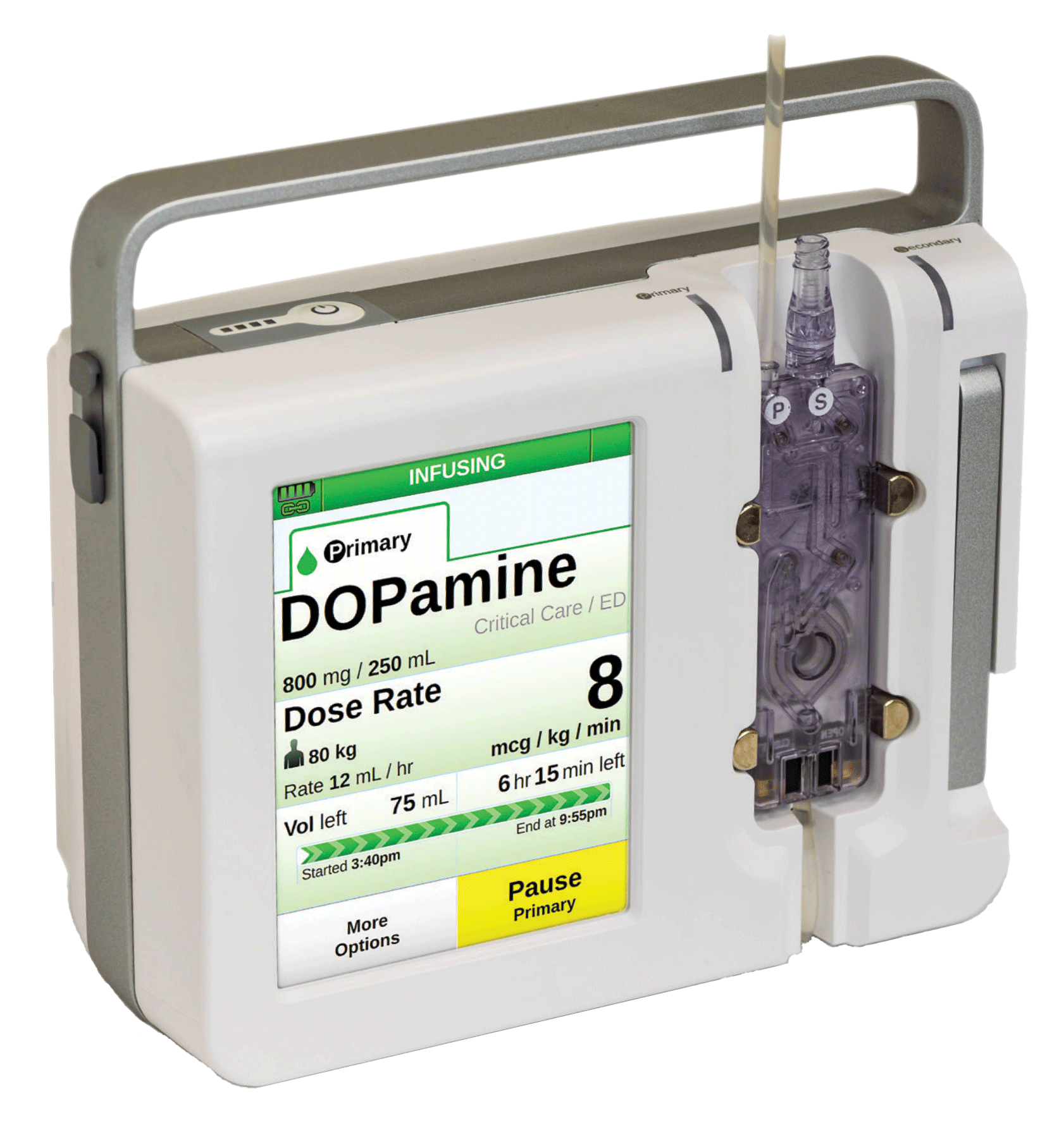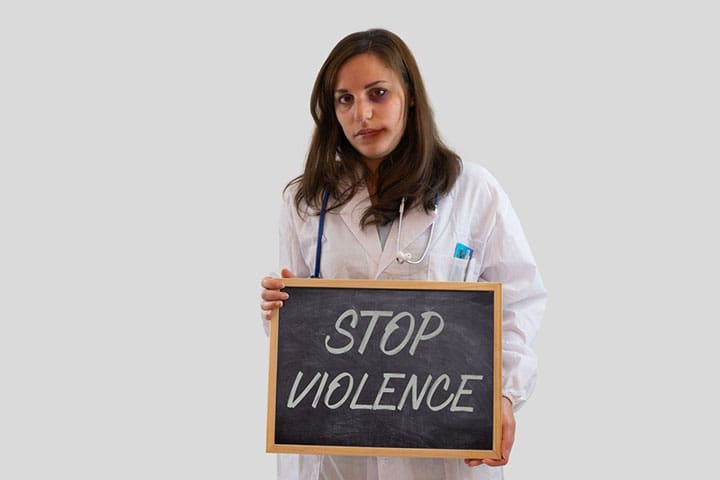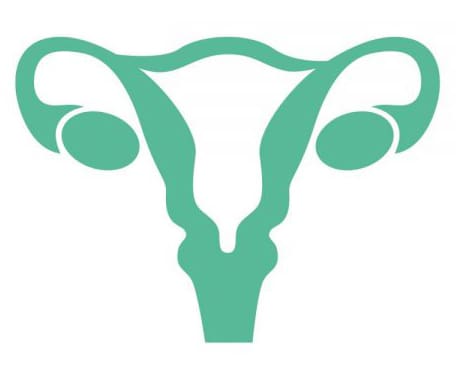Do you want to play a role in antiviolence efforts?
Sexual assault. Child abuse. Domestic violence. Current headlines are full of high-profile cases that might have been swept under the rug in the past, such as the sexual assault of more than 160 athletes by Larry Nassar. Today, society is demanding justice in cases like this—and better care of the victims of these crimes.
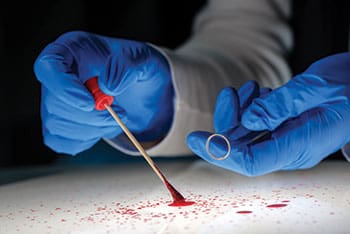 “We are seeing more strides toward social justice. Society is focusing more on victims of violence and abuse, and the role forensic nurses play in that is expanding,” says Kathleen Sekula, PhD, PMHCNS, FAAN, forensics nurse expert and professor, School of Nursing, Duquesne University, Pittsburgh PA.
“We are seeing more strides toward social justice. Society is focusing more on victims of violence and abuse, and the role forensic nurses play in that is expanding,” says Kathleen Sekula, PhD, PMHCNS, FAAN, forensics nurse expert and professor, School of Nursing, Duquesne University, Pittsburgh PA.
Forensic nursing, a new and growing specialty, is a critical link in the chain of antiviolence efforts. It can be an exciting and rewarding career path for nurses who want to promote violence prevention and help others at a traumatic time in their lives.
Forensic nurses work at the intersection of healthcare and the legal system. Opportunities in the field are growing, and forensic nurses are excelling in many varied positions, according to Sekula. Depending on the role, the services they may provide include:
- consultation with legal authorities
- evidence collection in criminal cases
- expert medical testimony in court to help apprehend or prosecute perpetrators of violence
- specialized medical and psychological care for the victims of sexual assault, domestic violence, and neglect.
Nursing expertise needed at crime scenes
Some forensic nurses specialize as medicolegal death investigators, working with medical examiners and coroners, or becoming coroners themselves. An exciting opportunity for some nurses is working as criminal investigators, from the local to the federal level. Advanced practice forensic nurses also conduct research into many areas of forensic practice, including data collected by coroners and medical examiners.
“Nurses bring a broad perspective to investigations,” says Sekula. “They can offer a broader view of the crime scene because of their nursing and medical background. They can pick up on something important in a case that another investigator may not.”
In the Pittsburgh, Pennsylvania area, three coroners from three counties provide clinical experiences for nurses in the Duquesne University master’s in forensic nursing program.
These coroners have asked some students to continue to work with them after their clinical practicums were over.
“Many coroners are sold on what nurses have to offer,” says Sekula.
Breaking the cycle
Many opportunities exist for forensic nurses to work with prisoners in the corrections system, including as mitigating specialists who perform mental health evaluations of death row clients. Their reports help determine if any mitigating circumstances would reduce a death sentence to life imprisonment.
Forensic nurses also can work in medical or psychiatric departments of a corrections facility. Many of these facilities have limited budgets and often combine units. It’s recommended that nurses have a background in mental health, medical nursing, and forensics.
“Many perpetrators of violent crimes were victims of violence as children,” says Sekula. “That doesn’t excuse what they’ve done, but to help them you can’t lose sight of the fact that their psyche has changed because they were victims of violence themselves.”
Forensic nurses also can act as community liaisons for perpetrators who are released from prison. These nurses find the services and support needed for perpetrators to successfully reenter the community. Reintegrating those who have served their sentences into society has been a huge challenge, and the recidivism rate is high, according to Sekula. “Forensic nurses can help prisoners break the cycle of recidivism and find success,” she says.
Making contact with victims of violence
Forensic nurses can work in advanced practice roles within hospitals and healthcare systems. Their expertise in forensics and as sexual assault nurse examiners (SANEs) is in demand. “We used to have a purest view of the SANE role,” says Sekula. “It involved objectively collecting evidence and documentation from victims of sexual assault in the emergency department. These nurses also provided information for follow-up care and support services. Many SANEs are now expanding their practice to include caring for all victims of violence.”
Forensic nurses also act as consultants anytime abuse or violence is suspected in a facility. They educate staff to assess and interact with possible victims to uncover hidden abuse. “The nurse is often the first point of contact for persons experiencing violence,” says Sekula. “If nurses can get them to talk about their history of abuse, they can get [victims] the help they need to deal with the psychological impact of violence.”
Degree or certificate?
Educational tracks for forensic nursing include certificate and master’s programs. Both offer advantages, depending on your career path; however, Sekula cautions nurses to do their homework before choosing a program.
Nurses should understand what type of education they need to reach their goals and look closely at programs before deciding—and paying. Certificate programs give nurses a surface knowledge of forensic nursing but may not provide theory, and the credits may not transfer toward a master’s degree. “A forensic master’s degree is very different than a certificate,” she says. “If you want to have an advanced practice role in forensic nursing, you need the master’s degree.” (See What to look for in a forensic nurse program.)
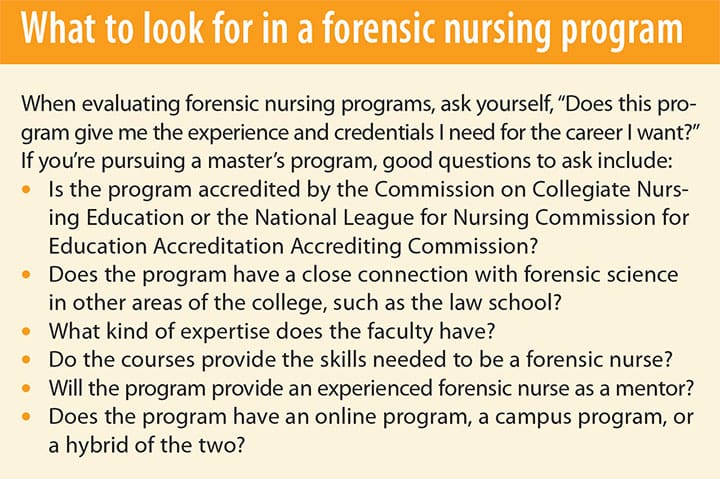
On the other hand, certificate programs may be just the ticket for nurses who want to dip their toes in the field to see if it’s right for them. It also may be the right choice for nurses who want to gain a basic knowledge in forensics to complement their current specialty.
Is forensic nursing right for me?
Working in forensics takes a special nurse, according to Sekula. Forensic nurses should have a calling and dedication to helping victims of violence. They should be interested in social justice and in investigating and understanding the impact of violence on people. They also should be nonjudgmental and objective. “Objectivity is a key skill for a forensic nurse,” says Sekula.
Forensic nursing can be emotionally demanding. Nurses considering the specialty should have balance in their lives and solid support systems. They also should ensure they understand the role and talk to a few experienced forensic nurses about their experiences. A good way to learn more is to attend a conference, such as the International Association of Forensic Nurses annual conference. For more information, check out American Nurse Today’s E-book, Investigating or Advancing a Career in Forensic Nursing.
Catherine Spader is a medical and healthcare writer/editor in Littleton, Colorado.
Support for this article was provided by Duquesne University.
EdGuide Forensic

